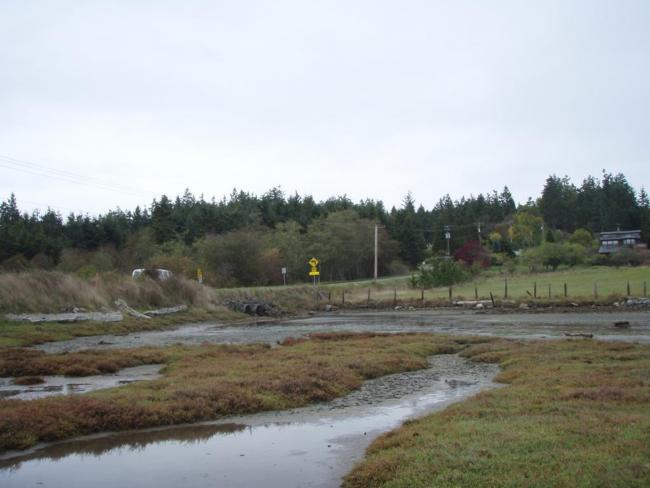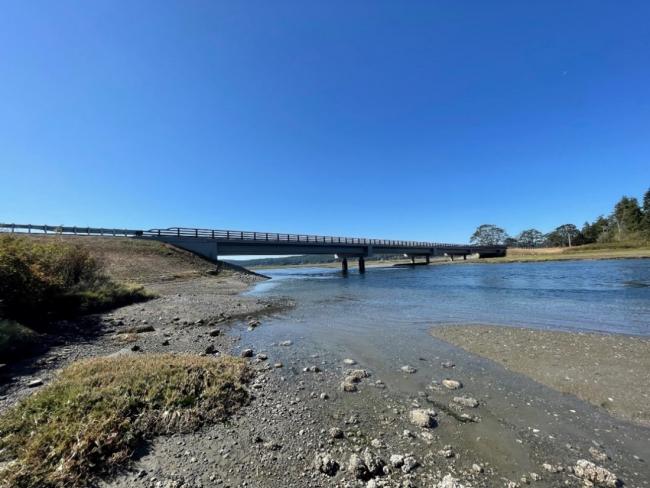Habitat restoration partnerships
Learn how to participate in a habitat restoration partnership with us.
Engage with us
To benefit fish faster, we need a coordinated approach. Partnerships are an important consideration for our Fish Passage Program. We are interested in habitat restoration project partnerships with other public agencies, cities, counties, public and private enhancement groups, tribes, landowners, and others.
- Engage early and often! Planning far enough ahead may allow projects to access matching fund contributions and coincide with other planned projects. Our current fish passage Delivery Plan can be found on our Project delivery plans page.
- Contact us before submitting any salmon recovery-related draft grant applications to understand our abilities, requirements, and limitations. Grant applications may include Salmon Recovery Funding Board or Fish Barrier Removal Board grants.
- If you are interested in contracting with us, view our Contracting Opportunities webpage.
- If you are interested in a partnership, contact us.
Completed partnership project example
We replaced the State Route Langlois Creek culvert in 2018, improving access to 5.4 miles of upstream habitat to chum, Chinook, steelhead, and trout. We partnered with Wild Fish Conservatory on additional stream habitat restoration upstream and downstream of State Route 203.
Kilisut Harbor Restoration Project - 2020
Learn about our partnership with over 10 partners that restored historic tidal channels between Kilisut Harbor and Oak Bay in Jefferson County along SR 116: SR 116 Kilisut Harbor bridge construction.
Project partners include North Olympic Salmon Coalition (NOSC), with funding from WSDOT, US Fish & Wildlife Service, US Navy, NOAA Fisheries, US Federal Highway Administration, Estuary & Salmon Restoration Program, and the Puget Sound Acquisition and Restoration Fund. Other project partners include: Port Gamble S’Klallam Tribe, Elwha Klallam Tribe, Jamestown S’Klallam Tribe, Hood Canal Coordinating Council, Jefferson County, Salmon Recovery Funding Board, Washington State Department of Natural Resources, Puget Sound Partnership, and Washington State Department of Ecology.


Brian Abbott Fish Barrier Removal Board
We participate on the Brian Abbott Fish Barrier Removal Board, chaired by Washington Fish and Wildlife (WDFW). The Board includes members from WSDOT, Washington Department of Natural Resources (DNR), the Governor’s Salmon Recovery Office (GSRO), Washington State Recreation and Conservation Office (RCO), Association of Washington Cities (AWC), Washington State Association of Counties (WSAC), tribal governments, and the salmon recovery Council of Regions. The policy and grant funding board was created in 2014. The Board is tasked with finding ways to coordinate barrier correction efforts across the state and across ownerships to provide the greatest benefits to salmon and steelhead.
Slow down on ice and snow.
It's easier to skid or lose control traveling at higher speeds. Give yourself more time to stop.
Carry chains, practice installing them.
Winter conditions could mean chains are required on your route. Practice putting them on your vehicle ahead of time.
Pack your winter car kit.
Carry extra supplies like warm clothing, ice scraper and brush, jumper cables and other emergency items.
